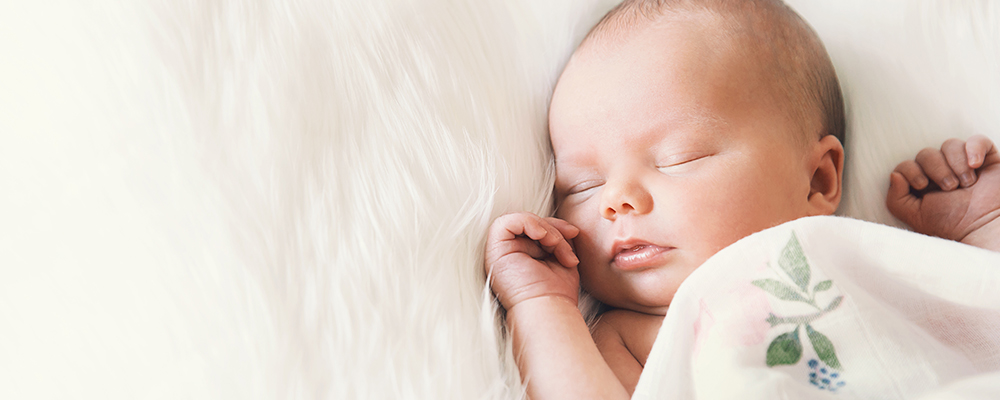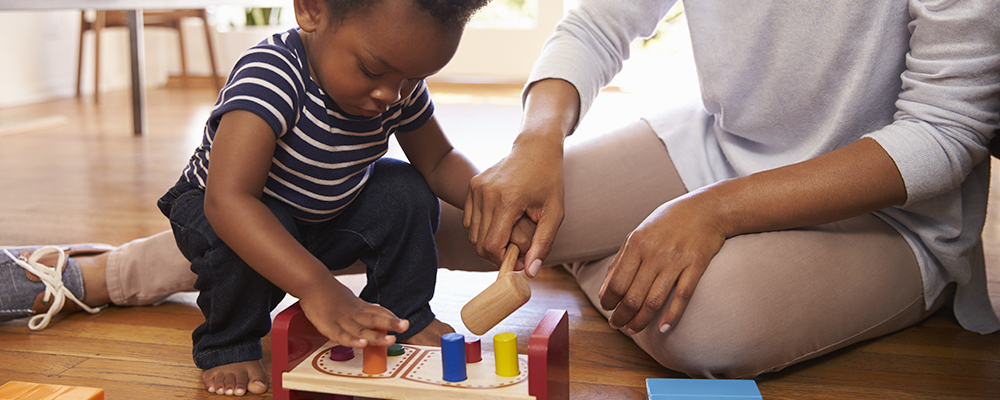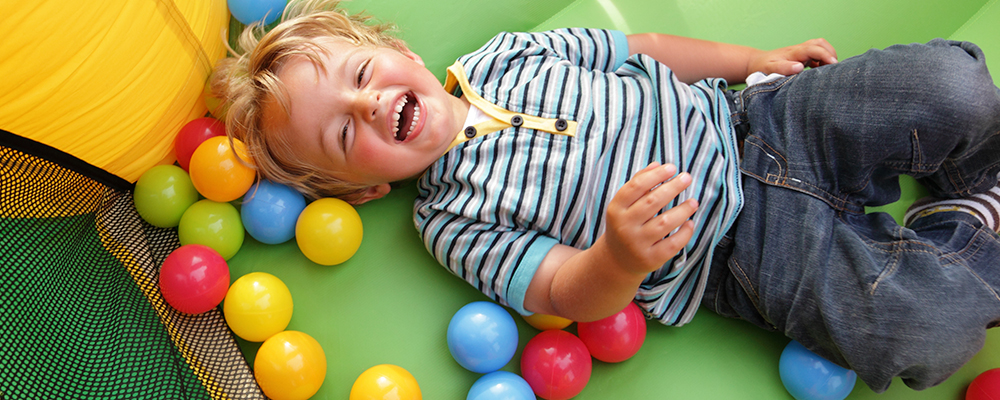About.
Learn more about our organization and the mission behind developing the Learning Begins at Birth guide.
our purpose
Learning begins at birth.
Our guide is given to the parents of each child born in Nebraska to provide information on child development, child care, how children learn, children’s health, services available to children and parents, and any other relevant information. Children’s experiences, interactions, and environments in their first years form the neural foundation on which all future development is built. The stronger that foundation, the more likely children are to lead healthy, productive and successful lives. Learning Begins at Birth contains important information for families as they work to ensure their children have a strong foundation in their early years to help them thrive throughout their lives. Learning begins at birth, and this booklet is a resource to help families as they guide their children’s development.

Download the guide.
Our goal is to provide families with resources and education to assist with their child’s development of happy, healthy, and productive lives. Click the button below to download your free guide.
What the guide covers.
Have a question for us?
If you have a question regarding the guide or you are looking for additional resources, you can connect with our team by clicking the button below. We look forward to connecting with you.
Our Location
Nebraska Department of Education
Department of Early Childhood
301 Centennial Mall South
P.O. Box 94987
Lincoln, NE 68509-4987
P.O. Box 94987
Lincoln, NE 68509-4987
This project was supported by the Preschool Development Grant Birth through Five Initiative (PDG B-5), Grant Number 90TP0040-01-00, from the Office of Child Care, Administration for Children and Families, U.S. Department of Health and Human Services. Its contents are solely the responsibility of the authors and do not necessarily represent the official views of the Office of Child Care, the Administration for Children and Families, or the U.S. Department of Health and Human Services.



